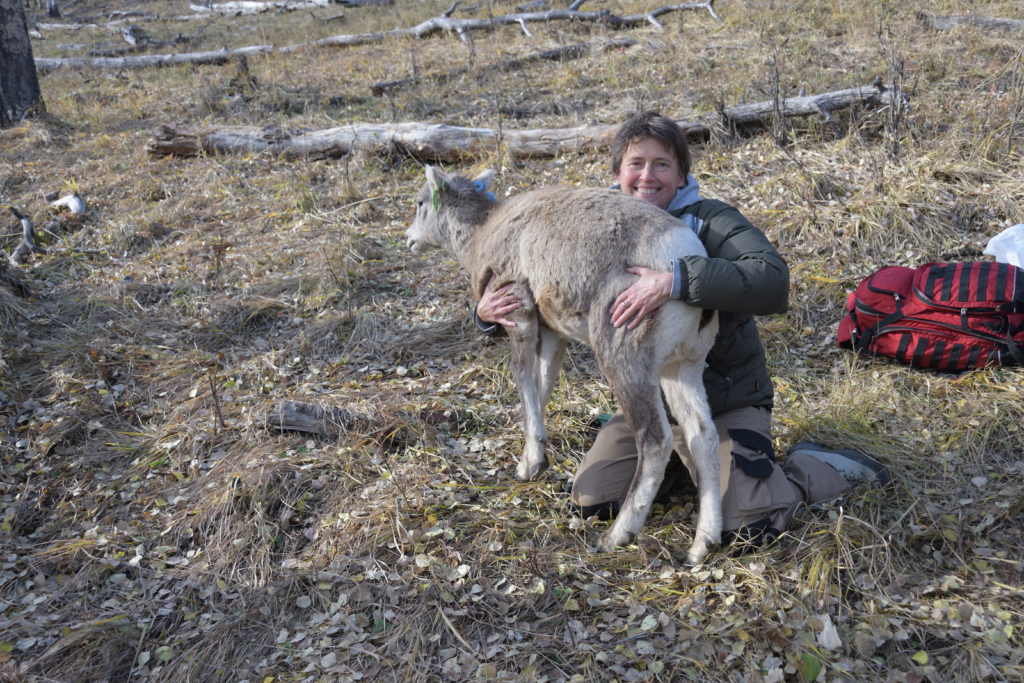
Dr. Ruckstuhl is particularly interested in what drives gregariousness, the social organization within groups, affinities and associations between group members, cost and benefits of group living, such as competition for food and mates, parasite and disease transmission, and cooperation, to name but a few aspects. She mainly studies different ungulate species in the field, mostly bighorn sheep and elk (or red deer). Current topics under investigation include among others: Sociality: costs and benefits of group living and decision-making; dominance hierarchies and hormones in bighorn sheep; red deer and bighorn sheep social networks and disease dynamics; sociality, mate choice and parasites in bighorns; effect of urbanization on coyotes and elk, and effects of stress hormones on offspring sex ratio in humans and Columbian ground squirrels.







